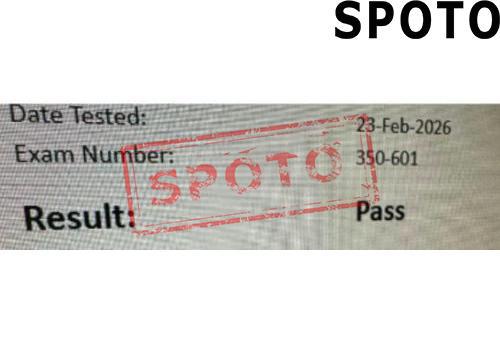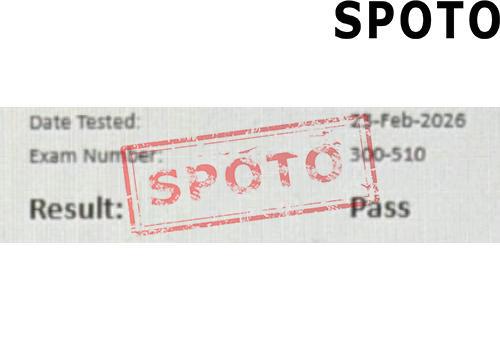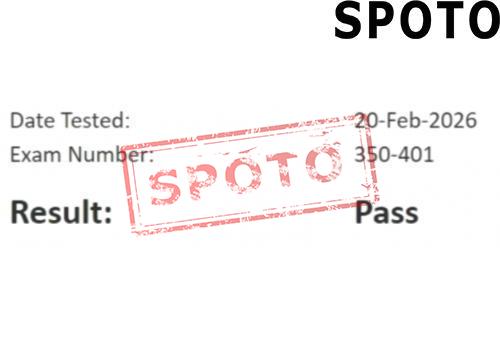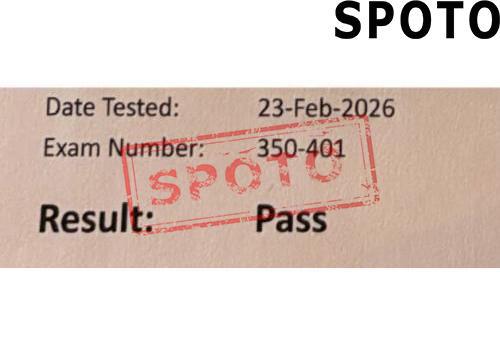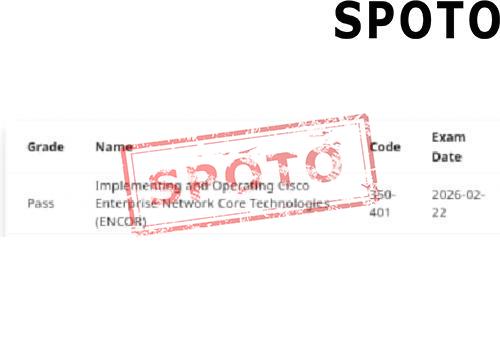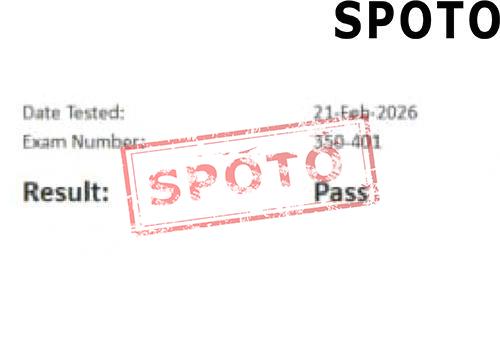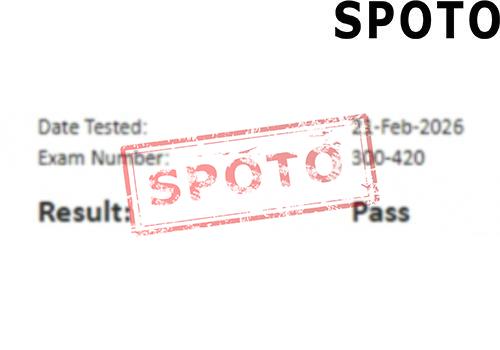
The Cisco Certified Network Professional (CCNP) certification is a prestigious milestone for networking professionals, but it's no secret that it comes with its challenges. Certain topics in the CCNP syllabus have a reputation for being tough to master. However, with the right strategies and mindset, these difficult areas can become your strongest assets.
Here's a guide to conquering CCNP's hardest topics and turning them into stepping stones toward success.
Identifying the Toughest Topics
1. Advanced Routing Protocols (OSPF, EIGRP, BGP)
Routing protocols form the backbone of network communication, and understanding their advanced configurations is essential. However, the complexities of redistribution, route summarization, and troubleshooting can overwhelm even experienced professionals.
2. Switching Technologies
Mastering technologies like VLANs, STP (Spanning Tree Protocol), and EtherChannel requires precision and in-depth knowledge. Misconfigurations can lead to loops or network failures, making these topics especially critical.
3. Network Security
Topics such as implementing access control lists (ACLs), securing routers, and configuring VPNs demand a strong grasp of security principles and practical skills. The challenge lies in balancing security with network performance.
4. Automation and Programmability
With the advent of SDN (Software-Defined Networking), automation tools like Python, REST APIs, and Ansible are increasingly integral to CCNP. For professionals without programming experience, this can be daunting.
5. Quality of Service (QoS)
QoS ensures reliable performance for critical applications by prioritizing traffic. The difficulty lies in understanding policies, configuring markings, and troubleshooting issues in real-world scenarios.
Strategies to Master Difficult Topics
1. Break Down Complex Topics into Smaller Parts
Rather than tackling entire protocols or concepts at once, divide them into manageable sections. For example:
- For BGP, start with basics like neighbor relationships, then move on to route filtering and path selection.
- For QoS, focus first on classification and marking before diving into advanced queuing mechanisms.
2. Hands-On Practice Is Key
Cisco certifications emphasize practical knowledge, so simulations and lab exercises are your best allies. Tools like Cisco Packet Tracer, GNS3, or even physical lab setups provide real-world experience.
- Set up labs to practice VLAN configurations, STP scenarios, and routing protocol redistribution.
- Use tools like Python scripts to automate network configurations and enhance your familiarity with SDN concepts.
3. Leverage High-Quality Study Resources
The right materials can make all the difference. Use:
- Cisco's official certification guides and documentation.
- Online platforms like CBT Nuggets, INE, or Udemy for video tutorials.
- Practice exams from reputable providers such as SPOTO to simulate real exam conditions.
4. Visualize Networking Concepts
Networking can be abstract, so visual aids like diagrams and flowcharts are invaluable.
- Use network mapping tools to visualize configurations and traffic flows.
- Create hand-drawn diagrams to simplify concepts like STP or BGP path selection.
5. Master Troubleshooting Techniques
Troubleshooting is a critical skill for CCNP exams and real-world applications.
- Familiarize yourself with Cisco's troubleshooting methodologies.
- Practice identifying and resolving issues in lab environments, such as misconfigured ACLs or routing loops.
6. Join Study Groups and Online Communities
Learning alongside peers helps clarify doubts and provides fresh perspectives.
- Participate in forums like Reddit (r/ccnp) or the Cisco Learning Network.
- Share knowledge and engage in discussions to reinforce your understanding.
7. Focus on Weak Areas First
Identify the topics with which you struggle the most and dedicate extra time to them. Use mock tests to pinpoint these areas and track your improvement.
8. Keep Up with Industry Trends
For automation and programmability, stay updated with industry practices. Follow blogs, webinars, and GitHub repositories to learn how professionals are implementing these tools in real environments.
Mindset Matters
Stay Patient and Persistent
It's easy to get frustrated when tackling tough topics, but persistence pays off. Break study sessions into smaller blocks and take breaks to avoid burnout.
Celebrate Small Wins
Mastering even one VLAN configuration or successfully automating a simple task is progress. Rewarding yourself for these small victories keeps you motivated.
Adopt a Problem-Solving Attitude
View challenges as opportunities to grow. The more issues you solve during your preparation, the more confident you'll feel during the exam.
Why These Topics Are Worth the Effort
- Professional Value: Skills in routing, security, and automation are highly sought after in the IT industry.
- Exam Success: Excelling in these areas ensures a better score and a deeper understanding of network concepts.
- Career Advancement: Mastering CCNP topics prepares you for real-world challenges, making you an asset to any organization.
Conclusion
The CCNP certification's hardest topics can seem intimidating, but with the right approach, they can become your greatest strengths. By breaking down complex concepts, practicing hands-on, and leveraging quality resources, you'll not only ace the exam but also build skills that will serve you throughout your career.
Keep learning, stay curious, and remember: every challenge you overcome is a step closer to becoming a networking expert.
